مقدمة
In the ever-evolving landscape of modern agriculture, the role of 4WD tractors has become increasingly crucial in maximizing efficiency and productivity. These powerful machines are equipped with four-wheel drive capabilities, making them ideal for navigating challenging terrains and performing a wide range of tasks on the farm. In this blog post, we will delve into the key features and benefits of 4WD tractors, exploring how they have revolutionized the way farmers work and highlighting their importance in today’s agricultural practices.
The Evolution of 4WD Tractors
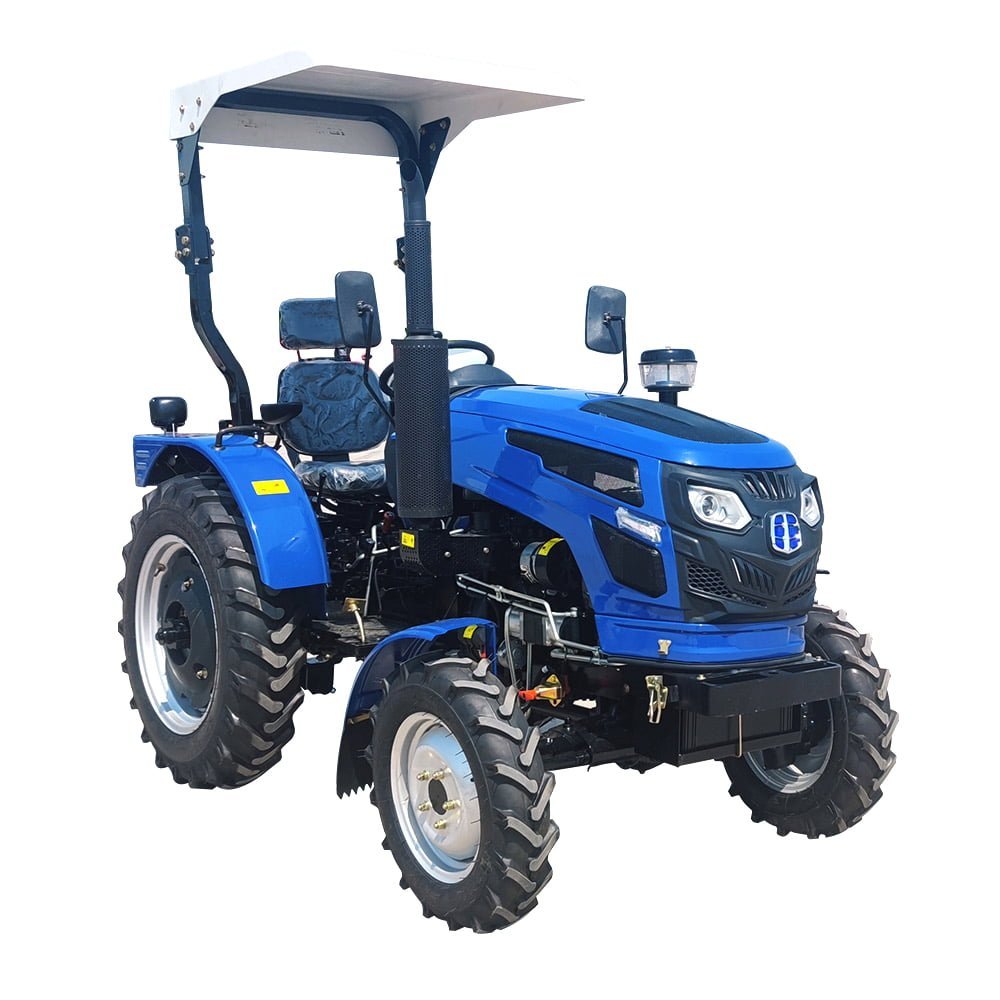
دفع رباعي الجرارات have come a long way since their inception, with advancements in technology and engineering transforming them into indispensable tools for farmers. Initially designed for heavy-duty tasks such as plowing and tilling, modern 4WD tractors are now equipped with a plethora of features that enhance their versatility and performance. From GPS guidance systems to automated controls, these machines have become highly sophisticated, allowing farmers to work more efficiently and with greater precision.
4WD Tractors compared to other drive tractors
Here’s a comparison table between four-wheel drive (4WD) tractors and other drive tractors:
| سمات | Four-Wheel Drive (4WD) Tractors | Other Drive Tractors |
|---|---|---|
| Drive System | Power distributed to all four wheels simultaneously, providing enhanced traction and stability | Power distributed to two wheels (either front or rear), may require additional equipment or implements for traction on all surfaces |
| Traction | Superior traction on varied terrain, including steep slopes, loose soils, and muddy conditions | Limited traction, especially on challenging terrain or in adverse weather conditions |
| Stability | Greater stability due to power being distributed evenly to all wheels, reducing the risk of tipping or skidding | Reduced stability, especially on uneven or sloped surfaces |
| القدرة على المناورة | Enhanced maneuverability, especially in tight spaces or narrow rows, due to all-wheel drive system | Limited maneuverability, may require more effort to turn or navigate obstacles |
| أداء | Increased pulling power and efficiency, allowing for heavier loads and faster work speeds | Limited pulling power, may struggle with heavier loads or tough terrain |
| براعه | Highly versatile, suitable for various farming tasks and terrains, including fieldwork, hauling, and road transport | Less versatile, may require different tractors or equipment for specific tasks or conditions |
| يكلف | Typically higher initial cost due to advanced drive system and features | Lower initial cost, but additional equipment or modifications may be required for certain applications |
| صيانة | Generally requires regular maintenance to ensure optimal performance and longevity | Maintenance requirements may vary depending on the drive system and usage conditions |
| التطبيقات الشائعة | Tillage, planting, spraying, harvesting, hauling, road transport, and other farm tasks | Light-duty tasks in flat or moderate terrain, limited road transport capabilities |
Key Features of 4WD Tractors
One of the defining characteristics of 4WD tractors is their superior traction and pulling power, which enables them to tackle challenging terrain with ease. This is especially beneficial in areas with steep slopes or muddy conditions, where conventional two-wheel drive tractors would struggle to operate effectively. Additionally, 4WD tractors are known for their stability and maneuverability, making them ideal for tasks such as planting, spraying, and harvesting.
Another key feature of 4WD tractors is their versatility, as they can be easily adapted to perform a wide range of tasks on the farm. Whether it’s pulling a plow through a field or hauling heavy loads, these machines excel in various applications, making them indispensable for modern agricultural operations. Furthermore, many 4WD tractors come equipped with advanced technology such as variable transmission systems and hydraulic controls, further enhancing their performance and efficiency.
Benefits of Using 4WD Tractors
The benefits of using 4WD tractors in agriculture are manifold, with one of the primary advantages being increased productivity. By enabling farmers to work more efficiently and cover larger areas in less time, these machines help maximize yields and reduce labor costs. Additionally, 4WD tractors are known for their fuel efficiency, thanks to their advanced engine designs and transmission systems, which can result in significant savings for farmers in the long run.
Moreover, 4WD tractors are designed to minimize soil compaction, which is essential for preserving soil health and fertility. With their evenly distributed weight and large tires, these machines exert less pressure on the ground compared to conventional tractors, reducing the risk of soil erosion and compaction. This is particularly important for sustainable farming practices, as healthy soil is the foundation of successful crop production.
دراسات الحالة وقصص النجاح

To illustrate the impact of 4WD tractors on modern agriculture, let’s take a look at some real-world case studies and success stories. In a study conducted by [Research Institute], farmers who switched to using 4WD tractors reported a 20% increase in productivity and a 15% reduction in fuel consumption. This significant improvement in efficiency not only translated to higher profits for the farmers but also contributed to sustainable farming practices by reducing the environmental impact of their operations.
Another success story comes from [Farm Name], a family-owned farm that invested in a fleet of 4WD tractors to modernize their operations. By leveraging the superior capabilities of these machines, the farm was able to expand its production capacity and streamline its workflow, resulting in a 30% increase in crop yields and a 25% reduction in operating costs. This transformation not only secured the farm’s long-term viability but also positioned it as a leader in sustainable agriculture within the region.
استنتاج
In conclusion, 4WD tractors play a pivotal role in modern agriculture by maximizing efficiency, productivity, and sustainability. With their advanced features, versatility, and performance capabilities, these machines have revolutionized the way farmers work, enabling them to achieve higher yields, reduce costs, and preserve the environment. As technology continues to evolve, the future of 4WD tractors looks promising, with innovations that promise to further enhance their capabilities and impact on the agricultural industry. By embracing the power of 4WD tractors, farmers can unlock new opportunities for growth and success in an increasingly competitive and dynamic farming landscape.
الأسئلة الشائعة
Q: What distinguishes 4WD tractors from other types of tractors?
A: 4WD tractors, or four-wheel drive tractors, are equipped with a four-wheel drive system that allows power to be distributed to all four wheels simultaneously. This feature provides enhanced traction, stability, and pulling power, making them well-suited for various agricultural tasks, especially in challenging terrain.
Q: What are the benefits of using 4WD tractors in modern agriculture?
A: Four-wheel drive tractors offer several benefits, including improved traction and stability, enhanced maneuverability, increased pulling power, and reduced soil compaction. These advantages contribute to maximizing efficiency and productivity on the farm, ultimately leading to higher yields and profitability.
Q: Are 4WD tractors suitable for all types of farming operations and terrains?
A: Yes, 4WD tractors are highly versatile and can be used for a wide range of farming operations, including tillage, planting, spraying, harvesting, and hauling. They excel in diverse terrains, including hilly or uneven surfaces, sandy soils, and wet conditions, making them suitable for various agricultural environments.
Q: How does the use of 4WD tractors contribute to fuel efficiency and cost savings?
A: 4WD tractors are designed to distribute power more efficiently to all four wheels, reducing slippage and improving fuel efficiency compared to 2WD (two-wheel drive) tractors. Additionally, their ability to operate efficiently in challenging conditions can help reduce downtime and maintenance costs, resulting in overall cost savings for farmers.
Q: What factors should be considered when selecting a 4WD tractor for specific farming needs?
A: When selecting a 4WD tractor, factors such as engine power, transmission options, hydraulic capabilities, hitch systems, cabin comfort, and available technology should be considered. It’s essential to assess specific farming requirements, terrain conditions, and budget constraints to choose the most suitable 4WD tractor for optimal efficiency and performance.

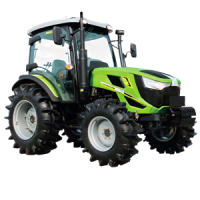
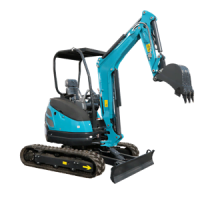
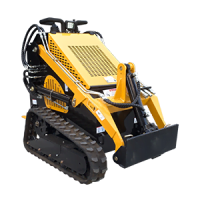
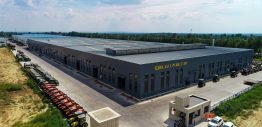

-1.png)